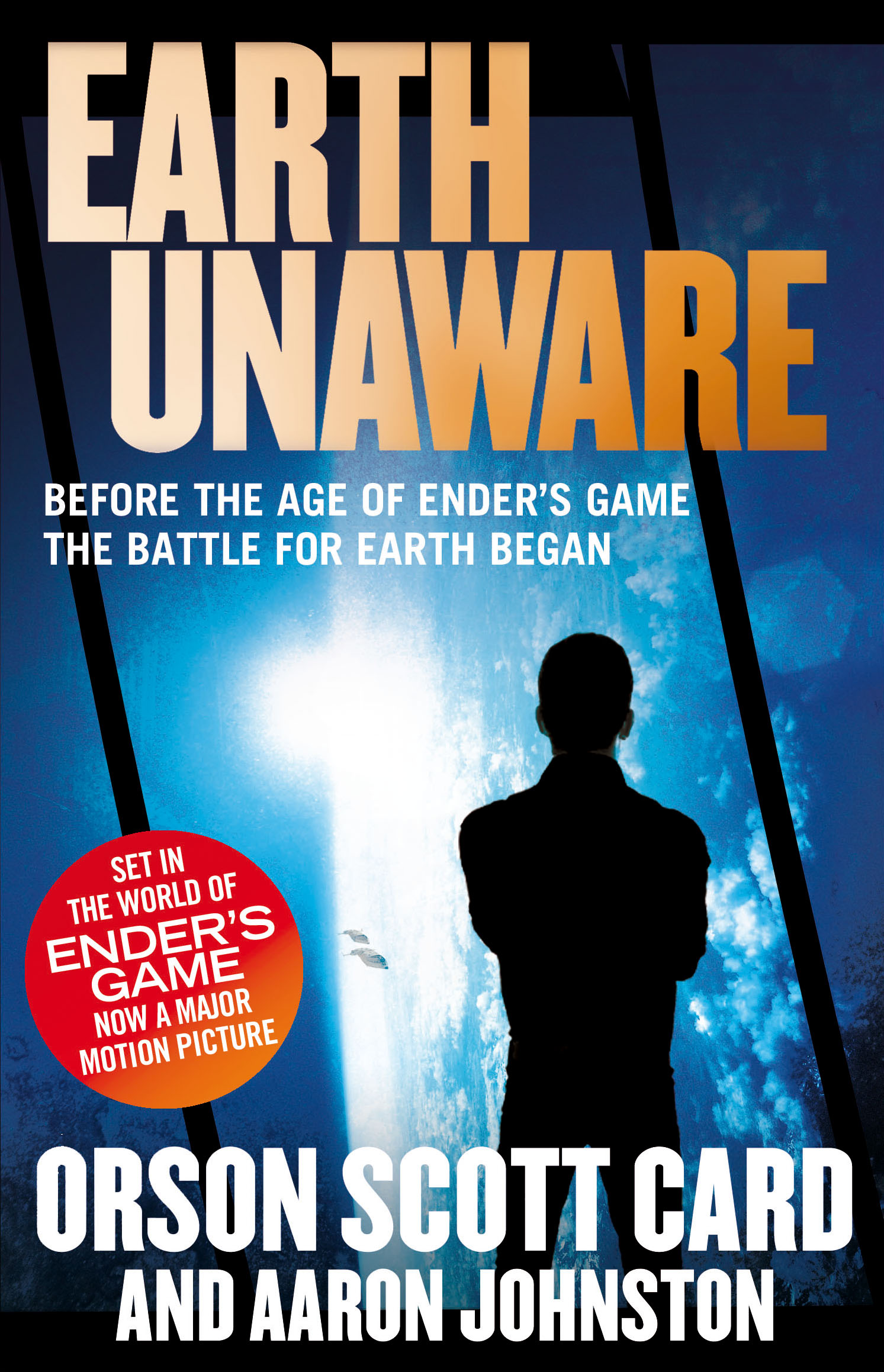 Today sees the release of EARTH UNAWARE (UK|ANZ) and EARTH AFIRE (UK|ANZ), books 1 and 2 of The First Formic War, set 100 years before ENDER’S GAME.
Today sees the release of EARTH UNAWARE (UK|ANZ) and EARTH AFIRE (UK|ANZ), books 1 and 2 of The First Formic War, set 100 years before ENDER’S GAME.
Orson Scott Card co-authored these novels with Aaron Johnston – a bestselling author and associate producer on the upcoming Ender’s Game movie. To celebrate the release, we asked Aaron what it’s like to write within such a well-known and much loved world . . .
When Orson Scott Card asked me to coauthor the prequel novels to his science-fiction classic Ender’s Game, my first two thoughts were: (1) Wow, what an incredible honor, and (2) You better not screw this up, Johnston, or fans will hunt you down and toilet paper your house.
We fans can be a prickly lot. Especially when it comes to stories that hold special significance to us, as Ender’s Game does to millions of readers. I’ve read Ender’s Game more times than any other work of fiction, and whenever anyone asks me for a book recommendation, the first words out of my mouth are always, “Have you read Ender’s Game?”
For me, Ender’s Game was the first book I ever read wherein the characters didn’t feel like characters at all but rather like friends and kindred spirits. Bean, Dink, Shen, Valentine, Ender. They were all so believable and honest and distinct that when I stepped into their world, my own world melted away.
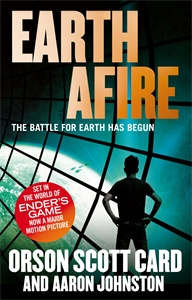 I don’t presume to suggest that our books will have the same effect on readers as Ender’s Game does. Only Ender’s Game can produce the experience it provides. But I do hope that our novels will feel like they belong in the Ender universe. That was my goal from the beginning. “If we do this,” I told Scott, “I want it to feel like an Orson Scott Card novel.” And by that I mean: when fans read the book, I didn’t want them to distinguish between the parts I had written from the parts Scott had written. I wanted it to feel seamless.
I don’t presume to suggest that our books will have the same effect on readers as Ender’s Game does. Only Ender’s Game can produce the experience it provides. But I do hope that our novels will feel like they belong in the Ender universe. That was my goal from the beginning. “If we do this,” I told Scott, “I want it to feel like an Orson Scott Card novel.” And by that I mean: when fans read the book, I didn’t want them to distinguish between the parts I had written from the parts Scott had written. I wanted it to feel seamless.
That’s a lofty goal, I know. Only OSC can write like OSC, after all. But I felt as if we owed it to fans to provide a new and exciting adventure story that also felt like a member of the Ender universe.
In fact, it was so important to me that the books sounded and felt like other OSC novels that before I started writing each day, I would usually pick up an OSC book and read a chapter or two just to get my mind in a place that spoke in the voice and rhythm of Orson Scott Card. Scott has a gift for writing in third-person, limited point-of-view that allows for deep characterization without abandoning the pace. I’m not conceited enough to suggest that I do it as well as he does, but I certainly tried. The biggest compliment I have received thus far is when one fan called the series “classic Orson Scott Card.”
But of course this is a collaboration. And since Orson Scott Card rarely collaborates with other authors, fans naturally have a lot of questions. What follows are my answers to the questions I most often hear. (more…)
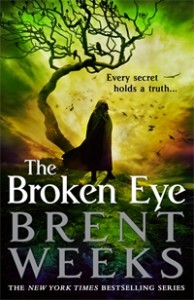
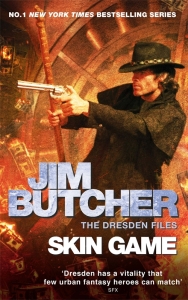
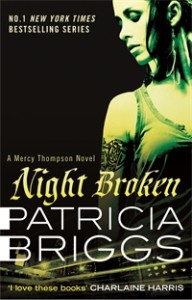
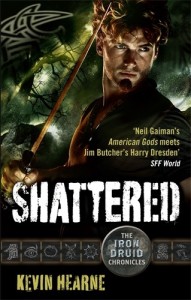
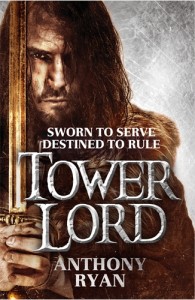
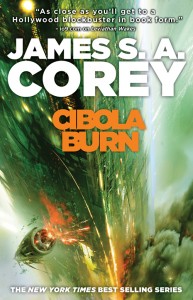
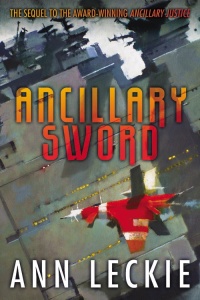
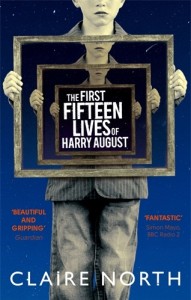
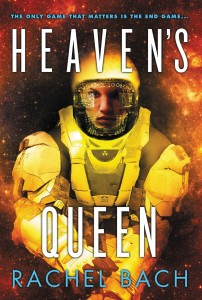
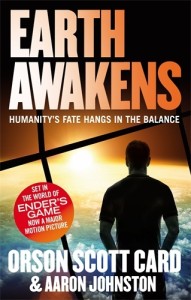
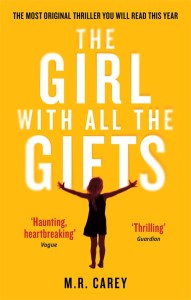
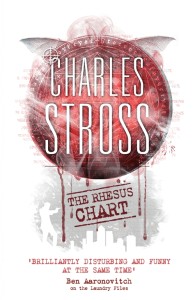

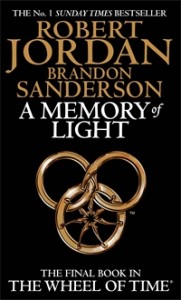
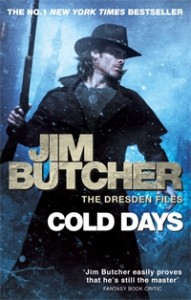
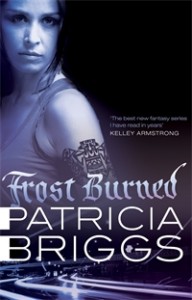
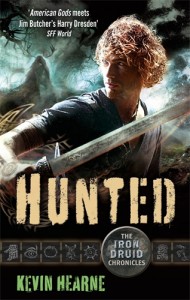

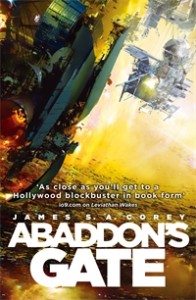
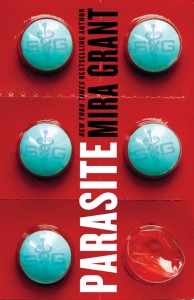
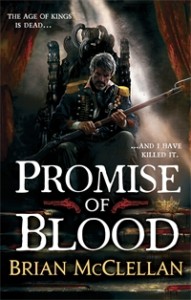

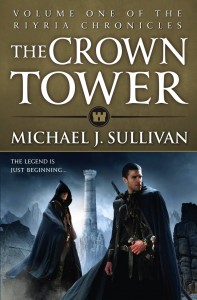
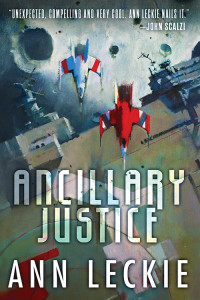
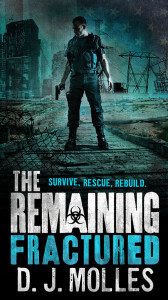

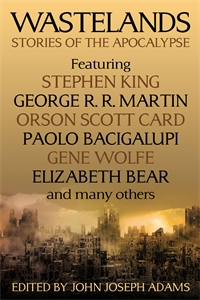
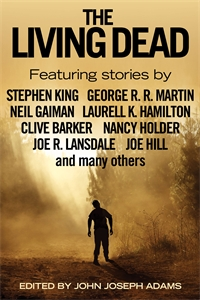 At the same time, we’re also releasing
At the same time, we’re also releasing 
 I don’t presume to suggest that our books will have the same effect on readers as Ender’s Game does. Only Ender’s Game can produce the experience it provides. But I do hope that our novels will feel like they belong in the Ender universe. That was my goal from the beginning. “If we do this,” I told Scott, “I want it to feel like an Orson Scott Card novel.” And by that I mean: when fans read the book, I didn’t want them to distinguish between the parts I had written from the parts Scott had written. I wanted it to feel seamless.
I don’t presume to suggest that our books will have the same effect on readers as Ender’s Game does. Only Ender’s Game can produce the experience it provides. But I do hope that our novels will feel like they belong in the Ender universe. That was my goal from the beginning. “If we do this,” I told Scott, “I want it to feel like an Orson Scott Card novel.” And by that I mean: when fans read the book, I didn’t want them to distinguish between the parts I had written from the parts Scott had written. I wanted it to feel seamless.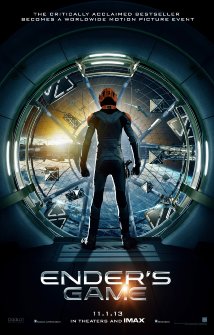
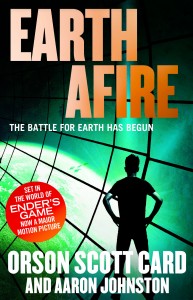 And
And if you’re keen to find out more back story to ENDER’S GAME, and the conflict that spawned the battle school, we’ll soon be publishing two explosive Orson Scott Card books telling of mankind’s first contact with the alien race – EARTH UNAWARE (
if you’re keen to find out more back story to ENDER’S GAME, and the conflict that spawned the battle school, we’ll soon be publishing two explosive Orson Scott Card books telling of mankind’s first contact with the alien race – EARTH UNAWARE (